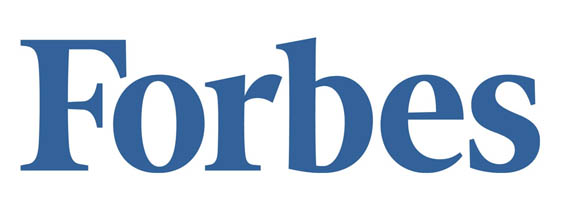
Late last week, Forbes’ Jeff Bercovici reached out for my thoughts on Digg’s $500K sale. Digg, once valued at $164 million, was one of the social web’s early driving forces, but had fallen on some tough times in recent years. One of my quotes ended up being included in Jeff’s final article, which you can read here.
When I was in the news business, part of my role was to determine how to build community around – and drive traffic from – sites such as Facebook, Twitter, Digg and others. I had the pleasure of meeting some great people along the way, including some Digg “power users” that were also quoted in the story.
All types of businesses – digital or not – can take two lessons from Digg’s demise:
- Don’t ignore your core customer (or user) base. Maintain an open dialogue with your customers, even if you’re riding high on your success. When you ask for their feedback, have every intention of utilizing it, or at the very least, listening to them.
- Market to your customers that use the product most. As companies evolve, they try to reach new audiences and customers. This is fine, but don’t do it at the expense of the ones that have supported you in the past.
- Don’t give your customers a reason to leave. If your company sells one product or service, make sure you’re the best. In the article, I made the point that Facebook can get away with many of its changes because so many people use it for different things: photo sharing, status updates, games and more. Digg did one thing, really, but ended up losing out to its competitors because it didn’t value its core community. Once Digg changed its core product, it just wasn’t as good as its competitors, who were more than happy to claim Digg’s customers.
What else can brands take away from Digg? Please leave your thoughts as comments below!
(NOTE: This post was originally published on the LoSasso blog.)
– Daniel B. Honigman

